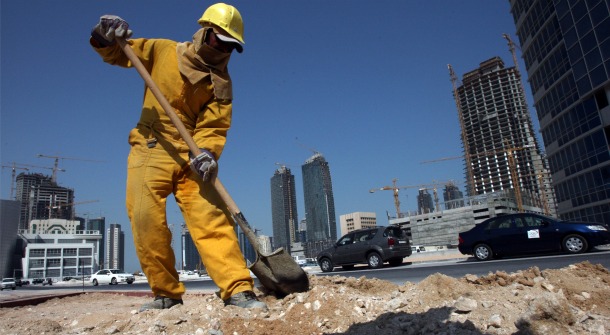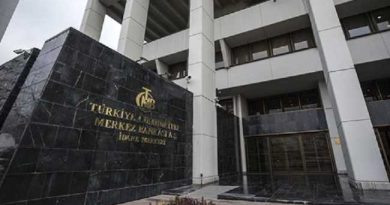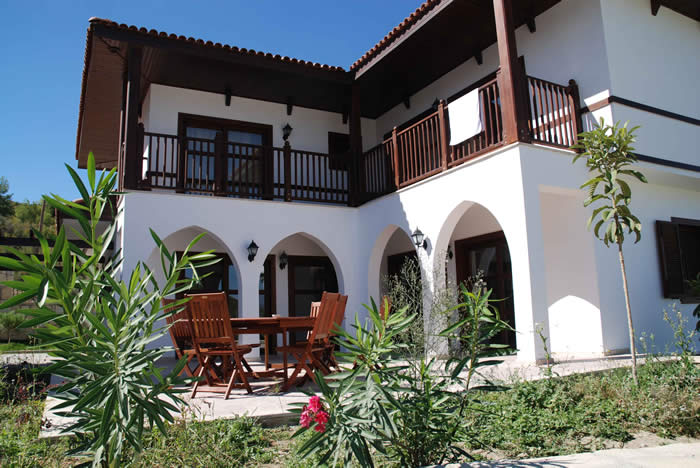The future of the Turkish construction industry looks bright and promising
We all know that many countries, both developed and emerging have seen difficult times in the past year.
Despite this situation, the Turkish economy surprised economists with a better than expected performance.
Back on February 6th, the International Monetary Fund announced a forecast of 3.4 percent growth for the Turkish economy in 2015.
But the Turkish economy is likely to have grown at a rate close to 4.7 percent in said year as expressed by Bora Tamer Yılmaz, an economist with Ziraat Securities in Istanbul. In fact, Turkey has surprised analysts in 2015 with better than expected performance in most areas of the economy.
One of the sectors that contributed to the growth is the Construction Sector. This sector accounts for 3,5 % of Turkey’s GDP and with related industries this contribution is closer to 30 %.
Turkey embarks on an ambitious program of urban renewal and a string of large scale projects, while also seeking to accommodate the needs of a growing and increasingly prospering population.
Turkey will need to spend USD 700 billion on infrastructure in the years to 2023 if it is to meet the government’s goal of boosting GDP to 2trn USD by then.
I would like to insert below data about some of these giant PPP projects, to contribute to the growth of Turkey:
The USD 2.5 billion YAVUZ SULTAN SELİM BRIDGE bridge (or the 3rd Bridge) over Bosphorus, will carry both road and rail with the road part of the planned 260-km Northern Marmara Motorway, a major bypass highway for the city. When finished, it will be the world’s longest combined “road and rail” bridge and the eighth-longest suspension bridge when it opens at the end of 2015.
The third airport is being constructed to the north of the city’s European side, in a largely forested area towards the Black Sea coast. By completion of the fourth phase, in 2025, the airport will have a capacity of 150m passengers per year, six runways, 1.4m square meters of indoor space and four terminal buildings, along with a range of associated facilities.
The KANAL ISTANBUL project will cut across the European outskirts of the city, running for 43 km with a reported depth of 25 meters, allowing the passage of the new generation of supertankers and even submarines. With the Euro 6.6 bn canal stretching from Black Sea to Marmara, Turkey hopes to attract more of the international shipping business. A major concern about this project is its cost to the environment, which is supposed to be too high. It is argued that freshwater aquifers underneath what will become the isle of Istanbul will fill with saltwater. The municipality already struggles to supply the 2.65m liters per day of potable water that Istanbul requires.
The government has also begun a major urban renewal program aimed at readying Istanbul and other cities for future earthquakes. The program is set to roll out over a 20-year period and cost USD 400 billion, with some 6.5 m housing units affected.
“City Hospitals” initiative is a Euro 12 billion program to build or expand around 60 hospitals across the country in collaboration with the private sector. As of the end of the first quarter of 2014 contracts for 17 hospital public-private partnership (PPP) projects across Turkey were signed, with three of these already under construction.
With the domestic market providing a strong base and Turkish contractors having successfully diversified their markets and projects in recent years, the construction sector is well positioned to continue growing.
Business Support Turkey
www.businesssupportturkey.com
Source: The Report Turkey- Oxford Business Group






